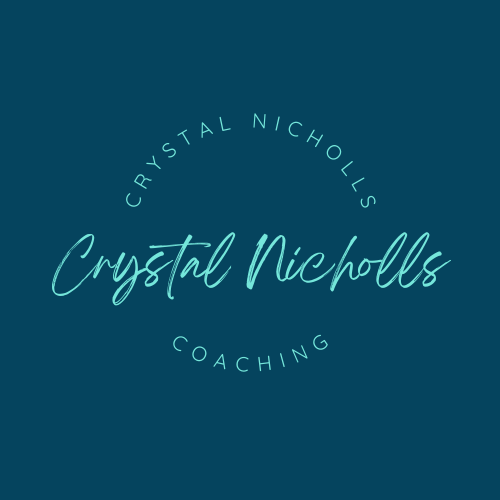The reason Self-Care actually helps you avoid burnout
When I was performing eight shows a week in a major West End show, I was on a path to burnout.
I thought I was doing all I could to take care of my body. After all, I was rolling out my muscles constantly with my foam rollers, doing pilates every day, warming up thoroughly before each performance, eating my vegetables and drinking lots of water. Surely that was enough, right?
But looking back now on my time in the show, I realise I was dangerously close to burnout without even knowing it. I didn’t even know what burnout was.
The WHO describes burnout as a syndrome linked to chronic work stress that has not been successfully managed. It is characterised by exhaustion, mental detachment from one’s job, and poorer performance at work.
It is becoming more and more common, with some statistics citing that 595,000 people in the UK suffered from burnout in 2018.
But how can you tell if you are close to burnout?
Learn the signs
When I was doing eight shows a week, I constantly relied on sugar to get me through the day. I would eat constantly. And the more tired I felt, the more I ate.
This heavy reliance on sugar is a telltale sign I was on my way to burnout.
Other signs of pre-burnout include over-consuming alcohol, constantly feeling exhausted even when you get enough sleep, feeling mentally and emotionally drained or detached from work and social commitments.
Burnout is much more common in the performing arts world than people realise. The West End schedule is particularly gruesome. Performing on stage eight times a week, six days a week takes a physical, mental and social toll, especially since most contracts are at least one year.
Physically, there is no chance for the body to recover. Sometimes we didn’t even have twenty-four hours until our next performance. For example, on Tuesdays we had an evening performance which finished at 10 pm, followed by a matinee the next day, which started at 2:30 pm.
Mentally, performing that many shows a week has the tendency to make performers feel drained and unfocused after a while.
And socially, because we work when the rest of the world is off work, which means we miss out on time with loved ones who work “regular” schedules.
As the WHO acknowledged, it is the stress that “has not been successfully managed” that is key here.
So how do we successfully manage stress?
Get to the root of what is causing your burnout
This is important because it is different for everyone.
Take a good look at your inner and outer environment and get to the root cause of the stressors that are going unmanaged in your life.
I already highlighted that for a lot of performers, the demanding schedules have a lot to do with it, but it goes much deeper than that.
For me, perfectionism had a tremendous impact on my pre-burnout. I was constantly seeking approval from my superiors, so much so that I didn’t realise I was holding on to the stress from work even when I wasn’t at work.
For others, not being able to spend as much time with their loved ones as they would hope, could be the stressor. A toxic work environment, nutrient deficiencies, and injuries are all stressors.
Learn how to give yourself the care you need
There is nothing we can do about the rigorous schedules that are common in the performing world. But we can learn to take care of ourselves physically, mentally and spiritually through certain lifestyle habits and practices. When we practice self-care, we give ourselves permission to slow down. It is an act of kindness and self-compassion. This is the key to overcoming burnout.
I try to avoid using the term “self-care” because it has been hijacked by social media images of people in fancy spas, drinking wine and having massages. If this is what your body needs, then that’s great. But be careful not to think of self-care as only that.
The key is to slow down, pay attention to what your body needs, and do that often.
Advantages of self-care include:
Increased self-esteem
Caring for others more efficiently
Increased compassion
Becoming your authentic self
Establishing boundaries within relationships
Learning to say no–without feeling guilty about it
Better performances
Here are a few unconventional ideas for self-care practices:
taking a warm bath
journaling
saying no
creating (painting, colouring, drawing, crafting)
listening to your favourite music
taking a long walk
spending time in nature
drinking tea or coffee mindfully
snuggling with your pet and loved ones
reading a book
making a list of things you are grateful for
eating a nourishing meal
I have created a FREE guide to Optimal Performance, which takes you through nutrition, lifestyle and mindset practices to help you take care of yourself and avoid burnout. You can download it here.




